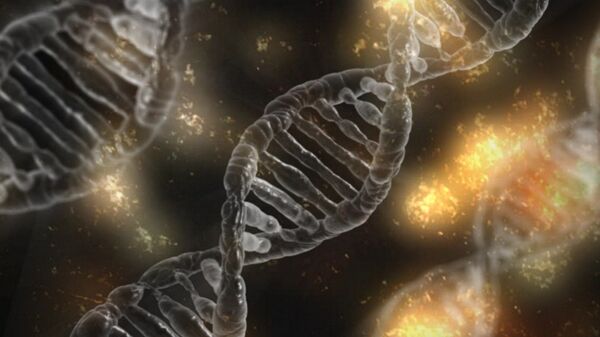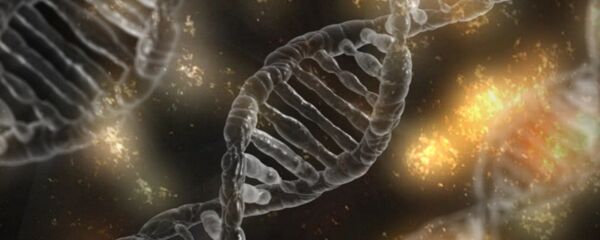Vladimir Trifonov, PhD, Biology, Head of the comparative genomics laboratory at the Institute of Molecular and Cell Biology of the Siberian Branch of the Russian Academy of Sciences, told Sputnik about the chromosome’s extinction, and whether men should be worried.
Sputnik: What is the Y-chromosome’s function?
Vladimir Trifonov: Here we are talking about the Y-chromosome of mammals as it occurs in a large number of animals. Its main function is sex determination, because the presence of this chromosome influences the development of male gender characteristics. In addition, the Y-chromosome most often carries genes important for spermatogenesis, as well as carrying color genes for some other animal species, such as guppies.
READ MORE: 'New I-Motif DNA Can Possibly Turn Genes On and Off' — Professor
Sputnik: What could be the reason for the Y-chromosome’s degradation?
Sputnik: What will the Y-chromosome’s extinction mean for the male population?
Vladimir Trifonov: The process of the Y-chromosome’s loss also occurs in some other mammals, which may serve as a model for the further development of humanity. If we look at some species, like the Ryukyu spiny rat or the Ellobius, we can see that they have lost the Y-chromosome independently. Nothing terrible has happened. Another chromosome of the genome has taken the function of the Y-chromosome; and the genes responsible for spermatogenesis have moved to another part of the genome.
So this is a natural genome evolution process, which simply slowed down in mammals. However, it is rather fast in different species of fish, for instance. Sometimes we can see different populations of the same species that have different sex chromosomes, which means that the evolution process there is fast. However, there’s no one there raising alarm saying “what could happen if the sex chromosome disappears?” It will just move to another part of the genome.
Given that mammals have stable systems, one chromosome’s degradation seems inevitable and terrible. But mankind has nothing to be afraid of. These are natural processes that going on for billions of years and nothing bad has happened yet.
READ MORE: Scientists Finally Decipher DNA of Tiny 'Alien' Found in South American Desert
Sputnik: Does that mean that there’s no need for humanity to try to somehow prevent the chromosome’s extinction?
Vladimir Trifonov: Of course. If such a process happens, I’m not sure humanity will live to see it.
The views and opinions expressed in this article are those of the speaker and do not necessarily reflect Sputnik's position.


